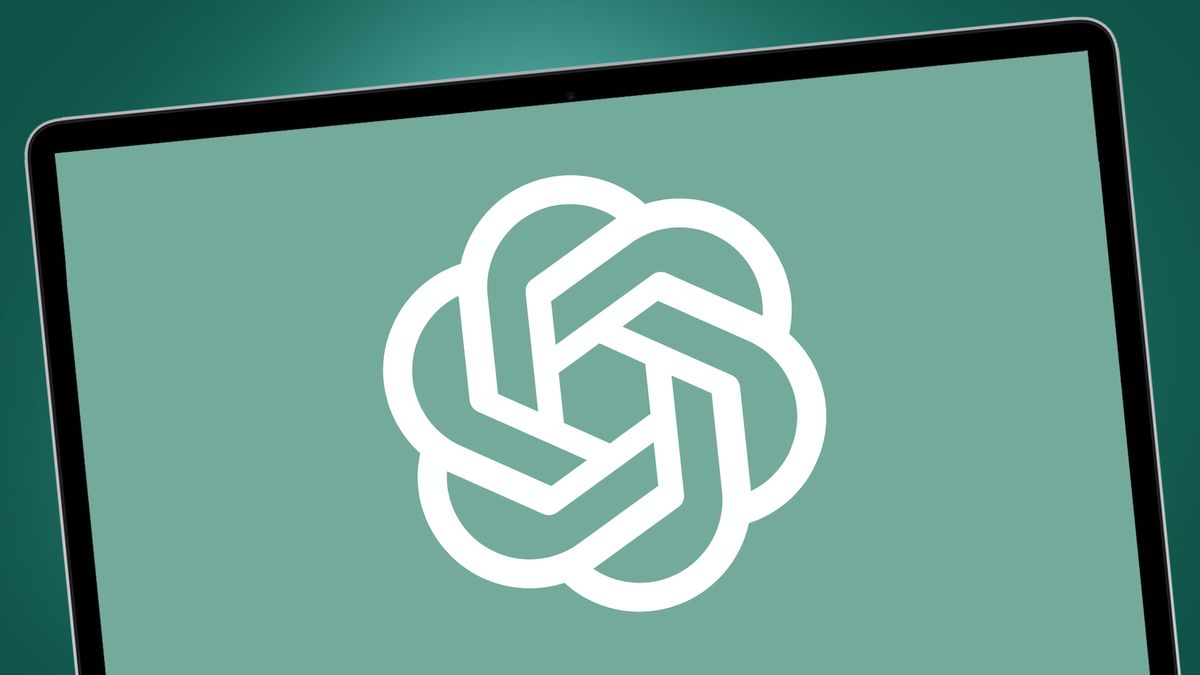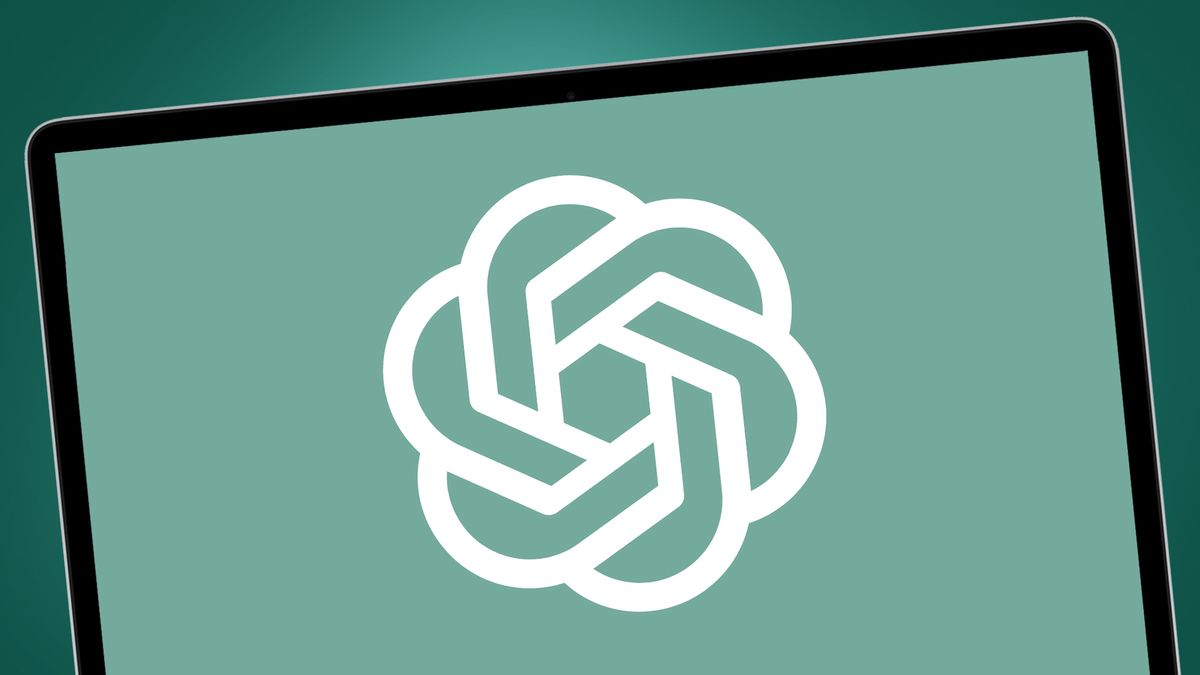
ChatGPT was born two years ago amid a flurry of hyperbolic hype, skepticism, and outright fear. The AI chatbot didn’t immediately guide us to digital heaven, take over every job, or become sentient and send robots with Austrian accents after us, but ChatGPT has a made major impact on many people’s lives nonetheless.
For ChatGPT’s second birthday, I’ve collected some of the most notable (if not always most noble) ways OpenAI‘s experiment with a digital sidekick has changed day-to-day living for many people. I should say that while I did ask ChatGPT for examples of how it’s changed the world, the AI either was self-deprecating about how it hasn’t done so or insisted that everyone’s lives are radically altered by its presence in ways that resemble the Matrix films more than reality. Still, even if you aren’t one who employs the AI chatbot for all of the following examples, I’d bet you know someone who has at least experimented with doing so. Here are five ways ChatGPT has become a part of people’s lives, large and small:
Homework Houdini
Teachers and school administrators quickly noted what ChatGPT could mean for students. Lazy students might ignore hallucinations or awful phrasing to turn in terrible papers, but those were easy to weed out and give an F. More clever students could enhance their work and research with ChatGPT and not always be caught. OpenAI quickly partnered with educational organizations to try and come up with useful ways to deploy the AI chatbot, with fun studying tools and helpful guides to complex subjects.
But, arguably, the bigger impact was changing how teachers do their lessons. Some have relied on extra strict rules for using ChatGPT, while others have replaced essays with oral reports or projects where students can’t rely on ChatGPT to do everything for them. Thanks to ChatGPT, homework is disappearing.
ChefGPT
Some have always known how to transform whatever’s in the freezer and cabinet into a culinary delight, but for others, ChatGPT has become a go-to resource for figuring out our meals.
ChatGPT has given everyone the option to describe whatever is in the pantry, and later on, just upload a photo of what’s available to get a list of ideas for dishes, recipe included. Or maybe you saw something on a cooking show you’d like to try but altered for your taste or dietary restrictions; the AI chatbot has you covered. With the caveat that you want to make sure it hasn’t hallucinated anything dangerous, you can quickly be on your way to a delicious dinner. And your AI sous-chef is on standby if you mess up along the way.
DIY coding buddy
Once upon a time, wannabe coders had to scour GitHub for projects, templates, and snippets to Frankenstein their way through building an app or website. Now, many are turning to ChatGPT as their go-to coding companion. Why sift through repositories when you can ask ChatGPT to “write a Python script to rename 1,000 files in a folder” or “explain recursion like I’m five”? It’s fast, straightforward, and skips the endless GitHub rabbit holes.
On the bright side, ChatGPT is making coding more accessible. You don’t have to be a tech wizard to get started; it’s like having a patient (and absurdly knowledgeable) teacher who can explain code, debug errors, or even write entire functions from scratch.
Of course, that leaves the collaborative community of GitHub stranded. Open-source projects on GitHub aren’t just about copying and pasting—they’re about learning from others, contributing to shared goals, and understanding best practices. ChatGPT doesn’t teach you why a line of code works; it just makes sure it does. That’s great for convenience but not so great for developing deeper programming skills or giving back to the broader developer ecosystem.
Imagination on screen
Gone are the days when creating stunning visuals required years of practice or pricey software. With ChatGPT’s image generation, anyone can produce intricate artwork, design concepts, or even memes in minutes.
Aspiring artists are using it to brainstorm ideas, and people are bringing their imagination to life, which is wonderful in many ways. That said, AI-generated images are also likely to cause debates or outright fights if you aren’t careful.
Does AI-generated art devalue other kinds of visual creation or simply make it more accessible? Is it an homage or theft of your favorite artist’s creation? No matter how you feel about it, it has made the posting of any image a lot more fraught than it used to be.
Cyrano AI
ChatGPT changed how people talk to each other. South Park wrote an entire episode (aided by ChatGPT) about kids using the AI chatbot to figure out how to respond to romantic partners. Satirical though that take may have been, it has a reality to it as well.
Plenty of people have asked the AI for help navigating social and romantic situations. It’s like having Cyrano de Bergerac in your pocket, minus the tragic ending and excessive ruffles. ChatGPT has served as an interpreter for cryptic messages and broken down how to end things with someone you aren’t into without causing a scene.
It used to be that a text you sent would be seen and discussed by all of the recipient’s friends. Now, you have to consider that it will be analyzed by an AI confidant as well. It’s not just romance, either. The AI offers everything from ideas on how to dress for a party to good icebreakers at a networking event.
You might also like…
Services Marketplace – Listings, Bookings & Reviews
